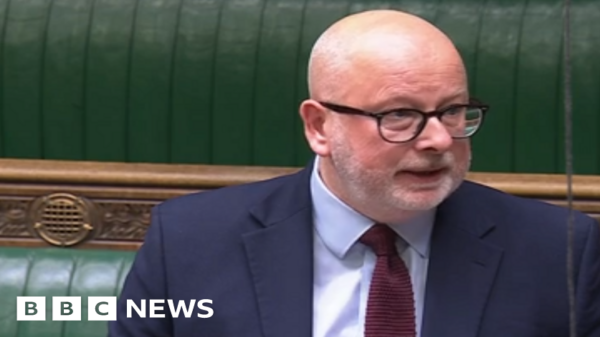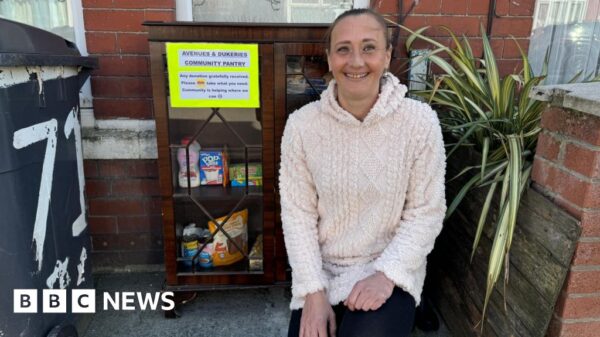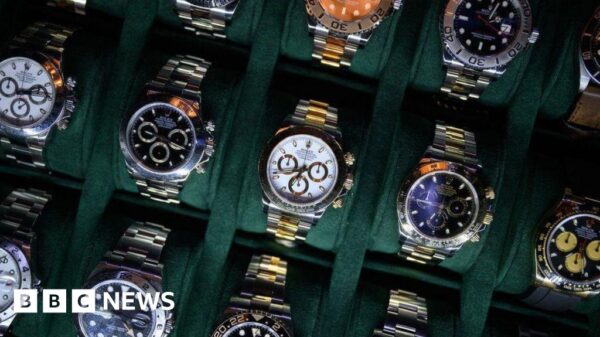The EU is stepping up its efforts to combat environmental crime, a rapidly growing global issue.
Environmental crime is one of the world’s fastest-growing criminal economies — and it’s increasingly happening in plain sight. From endangered species sold openly on social media to illegal logging and waste trafficking, these crimes are sophisticated, profitable, and hard to prosecute.
The EU’s call to action to tackle environmental crime
On 8–9 April, at the Security and Development Dialogue for Advancing Multilateral and Multi-Stakeholder Responses to Environmental Crime in Paris — co-sponsored by the French government and the EU-funded ECO-SOLVE programme — the EU is calling for stronger global coordination, more innovative enforcement, and greater accountability from both the public and private sectors. Environmental crime often thrives in the gaps — between laws, across borders, and through digital platforms where regulation struggles to keep up.
ECO-SOLVE: Monitoring and disrupting illicit online environmental trade
To help close these gaps, the EU funds ECO-SOLVE — a pioneering programme that monitors illicit online environmental trade and turns digital data into actionable intelligence. ECO-SOLVE supports law enforcement and private sector actors with clear, accessible information to help identify and disrupt illicit online markets. It focuses on targeting the individuals and networks causing the most harm — especially those who use corruption to facilitate global environmental crimes such as illegal logging.
Empowering local and indigenous communities
But this effort goes beyond enforcement. ECO-SOLVE also creates space for local and Indigenous communities to participate in regional and multilateral forums. Their knowledge and lived experience are essential to designing sustainable solutions. By fostering open and trusted conversations between communities, policymakers, and enforcement agencies, the programme strengthens both resilience and legitimacy.
The wider impact of environmental crime
Environmental crimes not only damage ecosystems and biodiversity — they also weaken institutions, fuel corruption, and threaten global security. With ECO-SOLVE and through global partnerships, the EU is helping to shape a safer, more transparent, and more just future for people and the planet.






























